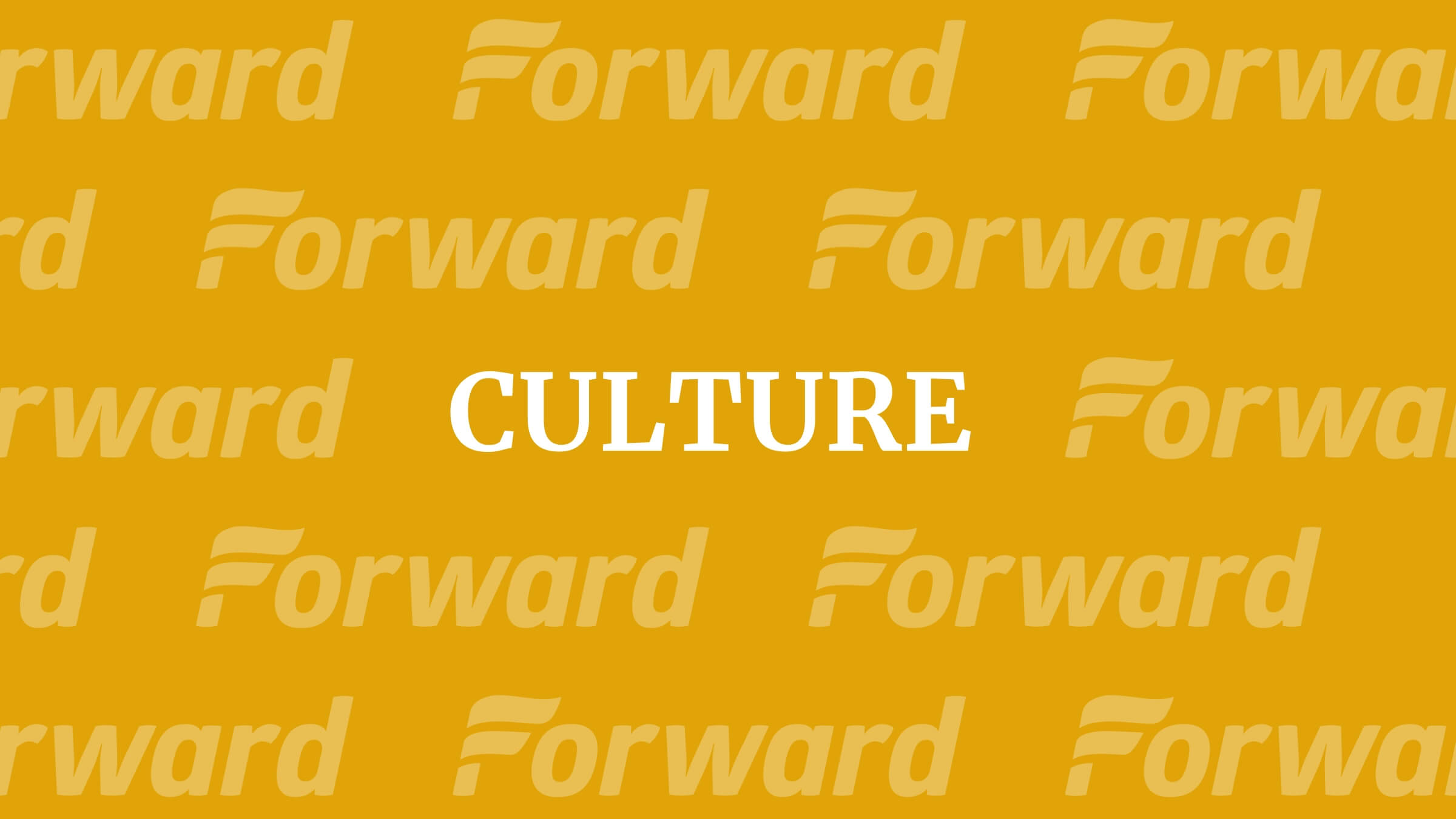What the Jewish author behind one of America’s most banned books has to say about censorship today
David Levithan, a pioneering author of queer young adult novels, is part of a landmark lawsuit against a Florida school district’s book bans

Graphic by Angelie Zaslavsky
David Levithan is no stranger to banned books.
The author’s early-2000s novels about gay teens paved the way for queer representation in young adult literature, but also landed him on the American Library Association’s top annual list of books most often targeted for censorship — three times.
Now, his novel Two Boys Kissing is one of over 200 books, including Toni Morrison’s Beloved and Margaret Atwood’s The Handmaid’s Tale, targeted for removal in Florida’s Escambia County school district. Nationwide, such attempts at book-banning reached a 21-year high in 2022, according to the ALA, with individuals demanding to censor more than 2,500 titles.
Those staggering numbers, and the content of censored books (the vast majority were written by or about marginalized communities), are not the only causes for concern. Before 2020, the ALA said, most requests to ban books came from individual parents who took issue with a specific title their child was reading. Now, most book challenges are part of broader demands to remove or restrict access to as many as 100 titles at once — a testament to the coordinated and repressive nature of the current surge in book bans.
Earlier this year, the free speech organization PEN America filed a lawsuit against Escambia County alongside publisher Penguin Random House, local parents, and several authors whose books had been banned. While his books have been targeted for years, he said today’s book bans constitute a new threat to free speech. “What was once individualized — a concerned parent lodging a challenge in a single community — has become systematic and politicized,” he told the Forward.
I talked to Levithan by email about his participation in the PEN lawsuit and the urgency of our current moment. The following conversation has been edited for length and clarity.
Why did you decide to become involved as a plaintiff in the PEN lawsuit?
I think it is important for the authors who are able to stand up for our readers and our books (in that order). If you want to fight back against political decisions being made to stifle freedom, you can make sure to vote for the right candidates and you can use the judicial system when you feel elected officials have bypassed the Constitution.
The Escambia County resident who filed an objection to Two Boys Kissing complained about the “bestiality,” “suicide,” and “victimization” in the novel. What do you think of those allegations?
The word that comes to mind is ludicrous. My dictionary says bestiality is “savagely cruel or depraved behavior” or “sex between a human and an animal” — the behavior in the book is the antithesis of cruelty and depravity, and I say with complete certainty that no human has sex with an animal in its pages. The book has a strong anti-suicide message and the suicide attempt within it is unsuccessful. As for “victimization” — I don’t even know what to do with that. While most of the characters in the book have supportive families and friends, there’s one whose parents actively make his situation worse. That’s life. That’s what novels need to engage with.
Since you published your first books, we’ve seen an explosion of queer young adult literature. How has your long tenure in this field shaped your outlook?
When I started, I knew we were at the beginning of a new body of literature that would need to grow exponentially and diversify greatly. And that’s exactly what’s happened, which is hugely gratifying. Even in moments like this, we have to be defined by our accomplishments, not by the backlash. If 40% of the 2500+ books being challenged have LGBTQIA+ characters, that means there are over a thousand books out there for LGBTQIA+ readers. That’s remarkable to me, and shows how hard it is to erase us.
Your books have been banned frequently. What feels different about this moment and the Escambia County case?
Where there was once a respect for teachers’ and librarians’ expertise, there’s now a total disregard to established review processes. And many politicians have jumped into the fray, trying to use the erasure of our books as tools as a proxy to erase our identities and histories. What felt before like small fires popping up now feels like an existential forest fire trying to destroy intellectual freedom and its role in democracy. Which, frankly, is not a sentence I would have imagined typing 10 years ago.
Earlier this year, you compared Vladimir Putin’s book bans in Russia to those instituted by Ron DeSantis in Florida. How do you see right-wing groups and leaders learning from each other when it comes to censorship?
The prevention of intellectual freedom leads to an authoritarian state. History has taught us that, over and over. I think it is a fundamental American right to choose what you get to read. If parents want to oversee what their children read, so be it — but they should not get to determine what other parents’ children get to read. Some right-wing groups have dusted off the old book-banning playbook. But the irony is — they wouldn’t want the government to tell them what they should read.
What do you hope that this lawsuit can accomplish?
I would like this lawsuit to signal to school boards and politicians that they can’t violate the Constitution, and that their desire to censor cannot prevail over the expertise of their teachers, librarians and all the children they are responsible for.





















